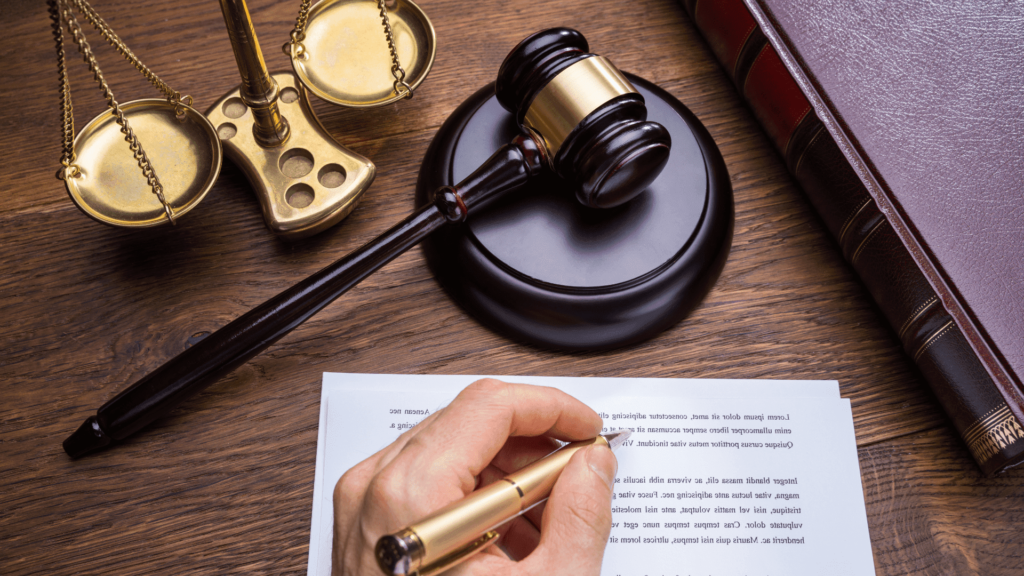Legal Translation in Dubai: Bridging Linguistic and Legal Divides
1. Introduction
Overview of Legal Translation: Legal Translation in Dubai is a specialized field that involves translating legal documents and texts from one language to another while maintaining accuracy, clarity, and adherence to legal terminology and concepts. In a diverse city like Dubai, where multiple languages are spoken and various legal systems intersect, the role of legal translation is paramount in facilitating communication, ensuring compliance, and upholding the rule of law.
2. Importance of Legal Translation
Preservation of Legal Rights: Accurate translation of legal documents ensures that individuals and entities understand their rights, obligations, and responsibilities under the law, regardless of their language proficiency.
Compliance with Regulations: Legal documents often need to be translated into Arabic or English to comply with local regulations and ensure their validity and enforceability in Dubai.
Facilitating Legal Proceedings: Legal translation plays a crucial role in facilitating communication in legal proceedings such as court hearings, arbitration, and mediation, where parties may speak different languages.
3. Legal Translation Challenges
Complex Legal Terminology: Legal documents contain specialized terminology and jargon that may not have direct equivalents in the target language, posing challenges for translators to convey precise meanings.
Cultural Nuances: Translators must navigate cultural differences and nuances in language usage to ensure that translated documents are accurate and culturally appropriate.
Legal Variations: Differences in legal systems and practices between countries require translators to possess in-depth knowledge of both legal frameworks to accurately translate documents.
Confidentiality and Security: Legal documents often contain sensitive information that requires strict confidentiality measures to protect the interests of all parties involved.

4. Legal Translation Process
Document Analysis: Translators begin by analyzing the legal document to understand its content, context, and legal implications.
Research: Translators conduct research on legal terminology, concepts, and relevant laws in both the source and target languages to ensure accuracy.
Translation: The translation process involves accurately rendering the text of the legal document from the source language into the target language while preserving its legal meaning and intent.
Proofreading and Editing: Translated documents undergo thorough proofreading and editing to ensure accuracy, consistency, and compliance with legal standards.
Certification and Notarization: Depending on the legal requirements, translated documents may need to be certified or notarized to verify their accuracy and authenticity.
5. Best Practices in Legal Translation
Qualified Translators: Engage professional translators with expertise in legal translation, proficiency in both source and target languages, and familiarity with legal terminology and concepts.
Quality Assurance: Implement rigorous quality assurance processes such as proofreading, editing, and review by legal experts to ensure accuracy and reliability.
Confidentiality Measures: Adhere to strict confidentiality protocols to safeguard the privacy and sensitive information contained in legal documents.
Clear Communication: Maintain open communication channels between translators and clients to clarify any ambiguities or nuances in the source text and ensure accurate translations.
Adherence to Deadlines: Ensure timely delivery of translated documents to meet client’s deadlines and legal requirements.
6. Key Players in Legal Translation
Language Service Providers (LSPs): Established translation agencies in Dubai offer specialized legal translation services, catering to businesses, law firms, government agencies, and individuals.
Legal Professionals: Some translation agencies collaborate with legal professionals who specialize in specific areas of law, providing expertise in translating complex legal documents accurately.
Government Entities: The Dubai Courts and other governmental entities oversee the regulation and certification of legal translation services, ensuring adherence to legal standards.
7. Future Trends in Legal Translation
Technology Integration: Integration of artificial intelligence (AI) and machine translation tools into the legal translation process to improve efficiency and accuracy.
Remote Interpretation Services: Growing demand for remote interpretation services via video conferencing platforms to facilitate communication in legal proceedings across languages.
Specialization: Increasing specialization in niche areas of law such as intellectual property, corporate law, and international trade to meet the specific needs of clients.
Multimodal Translation: Integration of various translation modalities such as text, audio, and visual translation to provide comprehensive language solutions for legal documents.
8. Conclusion
Legal translation in Dubai is essential for facilitating communication, ensuring compliance, and upholding the rule of law in a multicultural and multilingual environment. By addressing challenges, implementing best practices, and embracing technological advancements, the legal translation industry in Dubai continues to evolve to meet the diverse needs of clients and ensure accuracy, reliability, and compliance in legal communication across languages and cultures.
